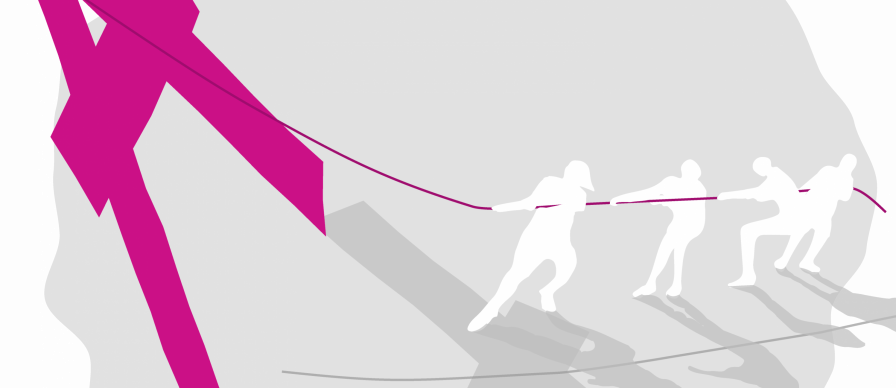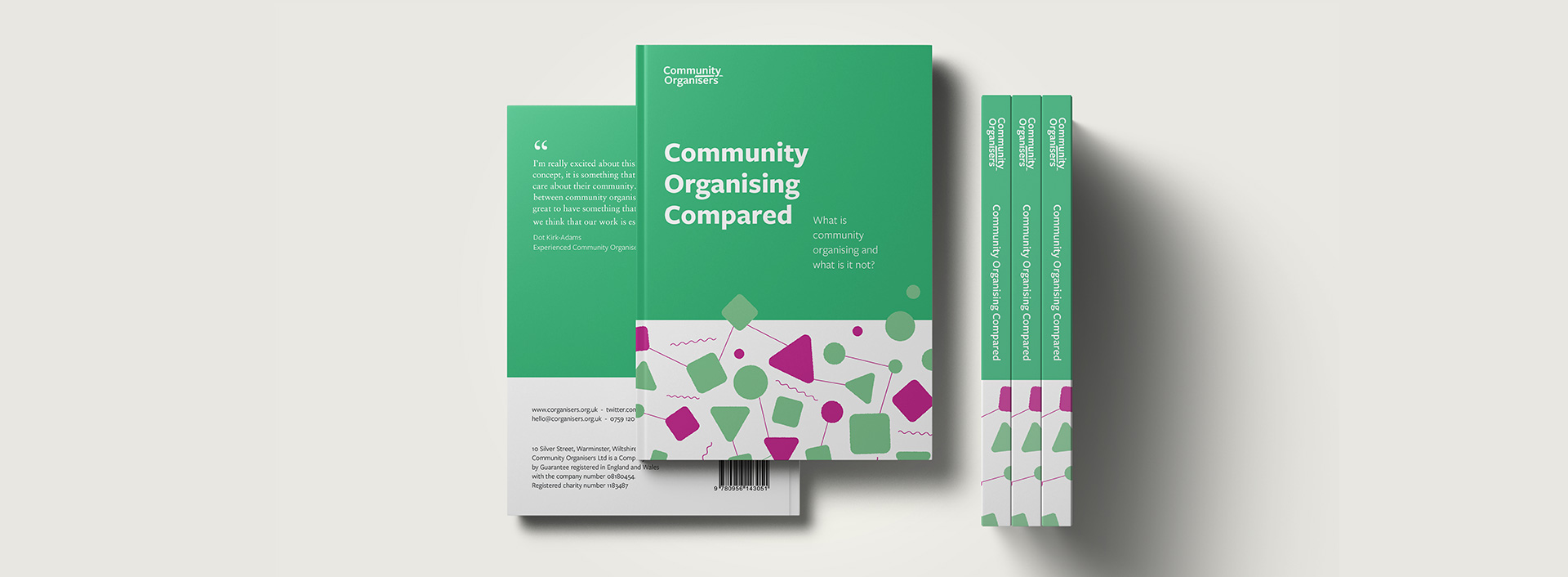This book was conceived and compiled in the Autumn of 2019. At that time the prevailing narrative was of a country irreconcilably divided along the fault lines of Brexit and Identity. The culture war playing out in 160 characters on Twitter, on Question Time and on late night phone in shows. It was almost unavoidable.
The vitriolic expression both for and against, felt like the very fabric of our democracy was tested in ways not seen in generations; people both angry at the present and fearful for the future. Politicians of all persuasions talked about bringing the country together and about the need to unite the country. We were citizens who, it appeared, had lost the ability to cooperate.
But we hadn’t.
We mobilised on Day Zero. People came together, they were instinctively able to identify who was most vulnerable and where they lived and took action to mitigate the worst of what was coming. We did it formally through Mutual Aid Groups and informally as neighbours in WhatsApp, Facebook and telephone trees. We didn’t wait for permission, or, to codify kindness; when faced with an unprecedented crisis, we looked into our souls and did what was right. And it is continuing.
An infinitesimally small virus has given us the chance to change the way we are, the way we connect and the way we view ourselves in relation to our world. The challenge ahead of us, is how do we build on this outpouring neighbourliness and newfound connections? Especially, when time becomes our most precious commodity again and the immediacy of life and death is removed. I believe this book shows us some of the answers by shining a spotlight on the power and potential of participatory approaches to working with community. When we are organised and cooperate we can affect change and make things better than they were to transform our places and our communities for good.



